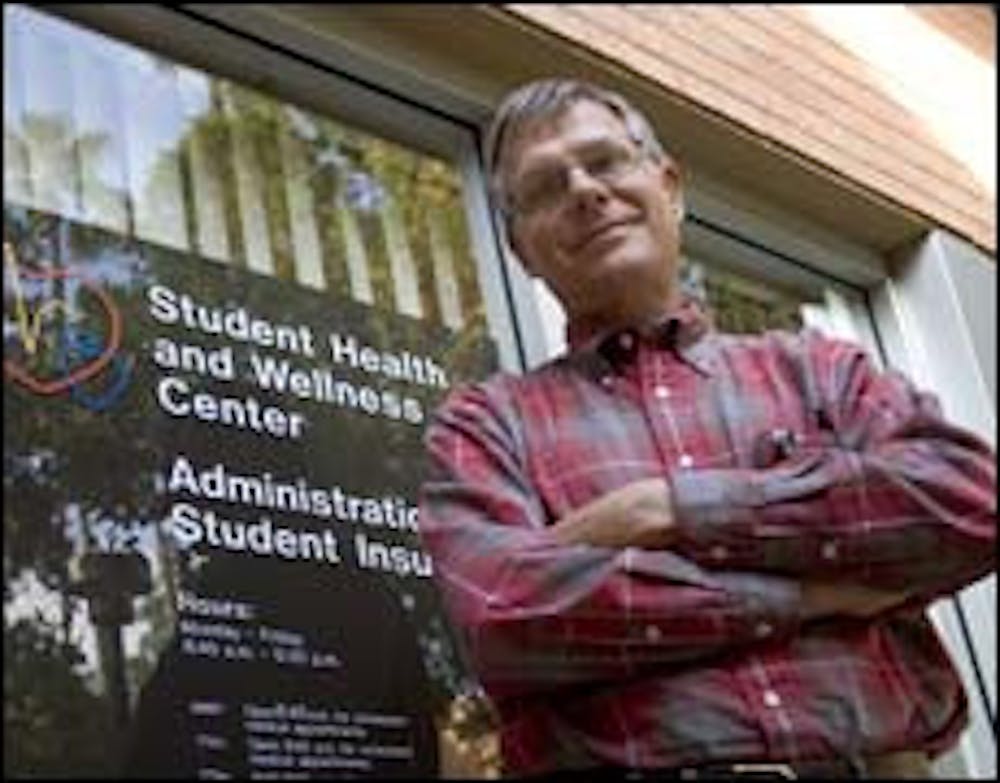A shortage of flu vaccines did not cause an increase in reported cases of the virus on campus.
There have been 349 confirmed lab cases of influenza in Maricopa County compared to the 1,852 cases this time last year, said Emily Poland, public information specialist for the Maricopa County Department of Public Health.
Ten or fewer confirmed flu cases have been reported on campus despite a Maricopa County flu vaccine shortage in October, said Dr. Gary Septon, director of the Student Health and Wellness Center.
"I was surprised it was such a mild season," Septon said. "I was expecting the worst this year because of the vaccine shortage and under-immunized campus population. It's one of those things you can't predict."
The health center was seeing dozens of cases a week early last season and immunizing between 3,500 and 4,000 faculty, students and staff.
By March 2004, the flu season slowed to the point where the health center saw two or three cases a week. Health officials say they are seeing similar numbers this March.
"Overall, it has been a very mild flu season," Poland said. "We're happy about it because it's never good when people are sick or missing work."
However, students shouldn't assume they won't contract the flu this year if they have not seen symptoms. Septon said the flu season last year began early in November and peaked before Christmas, while the peak this year could be late.
"There hasn't been much influenza activity but that can change in a hurry, so people should come in and get immunized," Septon said.
The health center has fewer than 40 total doses of the flu vaccine remaining. There are 20 doses of the shot left and 35 doses of flu mist, which is a nasal spray that contains a weakened live strain of the virus.
Maricopa County ran out of vaccines in January, though Arizona's flu season is typically later than other parts of the country, Poland said.
Poland said the flu shot is always recommended, but with the shortage, the Centers for Disease Control and Prevention placed guidelines on its distribution. High-risk individuals such as the very young and very old are receiving priority.
"I absolutely recommend it even for healthy students so they don't miss class," Septon said.
Reach the reporter at courtney.bonnell@asu.edu.




